Constitution violated again in chief justice appointment process
- Dignity Post
- 19-07-2023 09:51
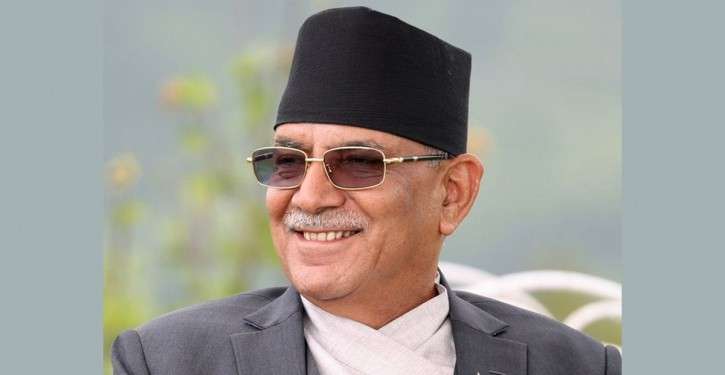
the Constitutional Council is required to make recommendations for the appointment of a new chief justice
Prime Minister Pushpa Kamal Dahal has violated the Constitution in the chief justice appointment process.
As per the Constitution, the Constitutional Council is required to make recommendations for the appointment of a new chief justice one month before the post falls vacant.
With incumbent Chief Justice Hari Krishna Karki set to retire on August 5, the Constitutional Council should have recommended a new chief justice by July 7.
But Dahal, who is the chairman of the Constitutional Council, has violated the constitutional provision by not even calling a meeting of the Council to start the appointment process.
“The Constitutional Council shall make a recommendation for appointment under this Constitution before one month of the vacation of the office of the chief justice or a chief or official of a constitutional body,” states Article 284 (3) of the Constitution.
It further states, “Provided that in case such office falls vacant because of death or resignation, it may so make recommendation for appointment that the office is fulfilled within one month after the date of vacancy.”
As neither of the two cases apply at present, the Council was constitutionally required to make a recommendation one month before the post of chief justice fell vacant as per the provision in Article 284 (3), according to Nepal Bar Association President Gopal Krishna Ghimire.
He said that the chief justice appointment process is again moving ahead in an unconstitutional manner when the judiciary had finally got leadership after functioning under an acting chief justice for one-and-a-half years.
“It is written in the Constitution that the chief justice should be appointed one month before but it is a blatant violation of the Constitution by the prime minister to not even call a meeting,” Ghimire said. “Negligence to this extent in the appointment of the judiciary’s leadership is not good. But here, whoever is in government has given continuity to the precedent of violating the Constitution, which is objectionable.”
Constitution expert Purna Man Shakya also says that the prime minister has blatantly violated the constitutional provision relating to the recommendation for the appointment of chief justice.
“The Constitution has a clear provision that a new chief justice should be appointed one month before the post falls vacant, but Prime Minister Pushpa Kamal Dahal has not even called a meeting of the Constitutional Council so far. What is this if not a blatant violation of the Constitution?” Shakya said. “This is not the first time that the chief justice has not been appointed within the time specified by the Constitution. When such unconstitutional practices continue, it will deal a blow to the judiciary’s independence. This is not a good thing.”
The Constitutional Council generally recommends a new chief justice from a list of eligible candidates for the post sent by the Judicial Council.
The Judicial Council has said that it had sent a roster of eligible candidates to the Constitutional Council 20 days ago.
Man Bahadur Karki, spokesperson for the Judicial Council, said that they had sent a roster to the Constitutional Council 20 days ago so as to facilitate appointment of a new chief justice one month before the post fell vacant.
The prime minister’s secretariat says that PM Dahal could not call a meeting due to the demise of his wife.
PM Dahal’s wife Sita Dahal passed away on July 12. But the Constitutional Council should have recommended a new justice by July 7 as per the constitutional provision. PM Dahal appears to have disregarded the constitutional provision when he should have made preparations for it in advance.
Earlier too, the Constitutional Council had not even started the appointment process for six months after December 2022.
The judiciary had functioned under an acting chief justice for one-and-a-half years after an impeachment motion was registered against the then chief justice Cholendra Shumsher Rana in the House of Representatives on February 13, 2022.
Rana’s tenure ended last December when the impeachment motion was still under consideration in the House. The then prime minister and Constitution Council chairman Sher Bahadur Deuba should have recommended appointment of a new chief justice one month before Rana’s term ended. But he did not make any recommendation as he had become a caretaker prime minister with the elections already announced. Dahal also did not show any interest in the chief justice appointment when he became prime minister after the November 2022 elections.
The appointment of a new chief justice was halted for a long time citing the absence of Parliament and a parliamentary hearing special committee.
Finally, Hari Krishna Karki was appointed chief justice one-and-a-half months before the end of his term.
PM Dahal has repeated the practice of not appointing the chief justice within the time specified by the Constitution. But it was former prime minister KP Sharma Oli who set the precedent of leaving the judiciary without leadership for a prolonged period by violating the Constitution.
After the then chief justice Gopal Parajuli was found to have four different dates of birth in government records, the Judicial Council’s secretary sent Parajuli his retirement letter on March 14, 2018, stating that he had served as chief justice for seven months beyond his legal retirement date.
Deepak Raj Joshi was then appointed acting chief justice. The Constitutional Council should have recommended a new chief justice within a month as per the Constitution, but the then Council headed by PM Oli did not make any recommendation for the next three months.
Joshi was recommended for the judiciary’s top post after three months, and his parliamentary hearing took another one-and-a-half months to conclude. Joshi was rejected for chief justice on August 03, 2018, but the Constitutional Council took another 20 days to make a new recommendation for the post.
Om Prakash Mishra was appointed the new chief justice 20 days after he was recommended for the post. Joshi served as acting chief justice until then.
Rana, who succeeded Mishra, headed the judiciary for three years. He was suspended after the impeachment motion was registered against him. The judiciary functioned under an acting chief justice for the next one-and-a-half years.
Parliament is equally responsible for leaving the judiciary without leadership for one-and-a-half years by not concluding Rana’s impeachment on time.
source: setopati.com


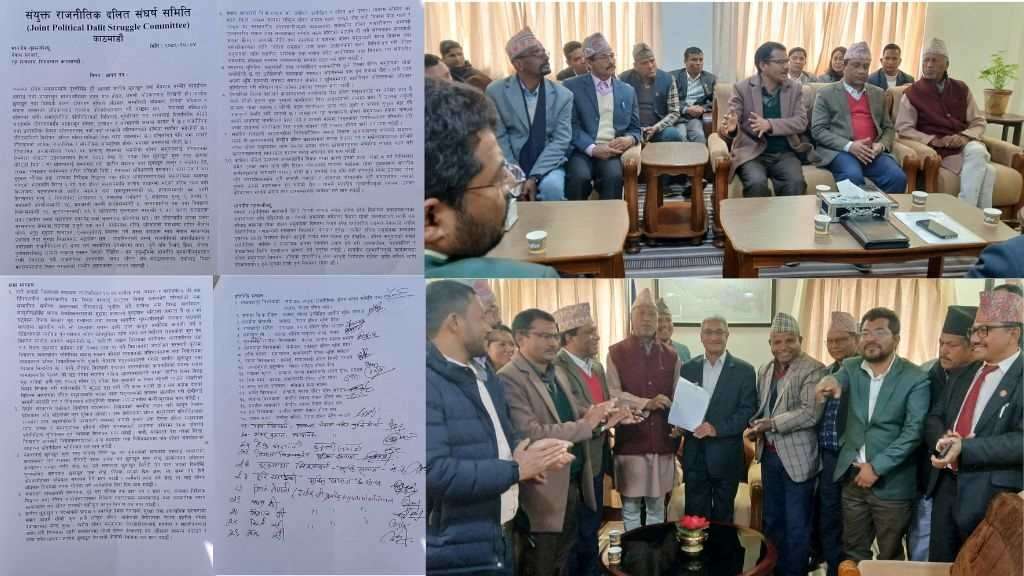

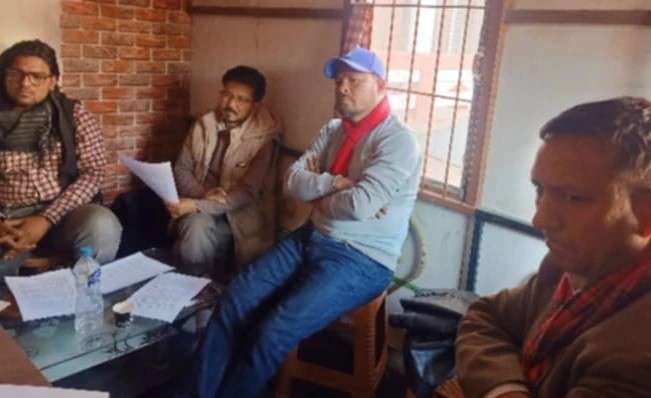

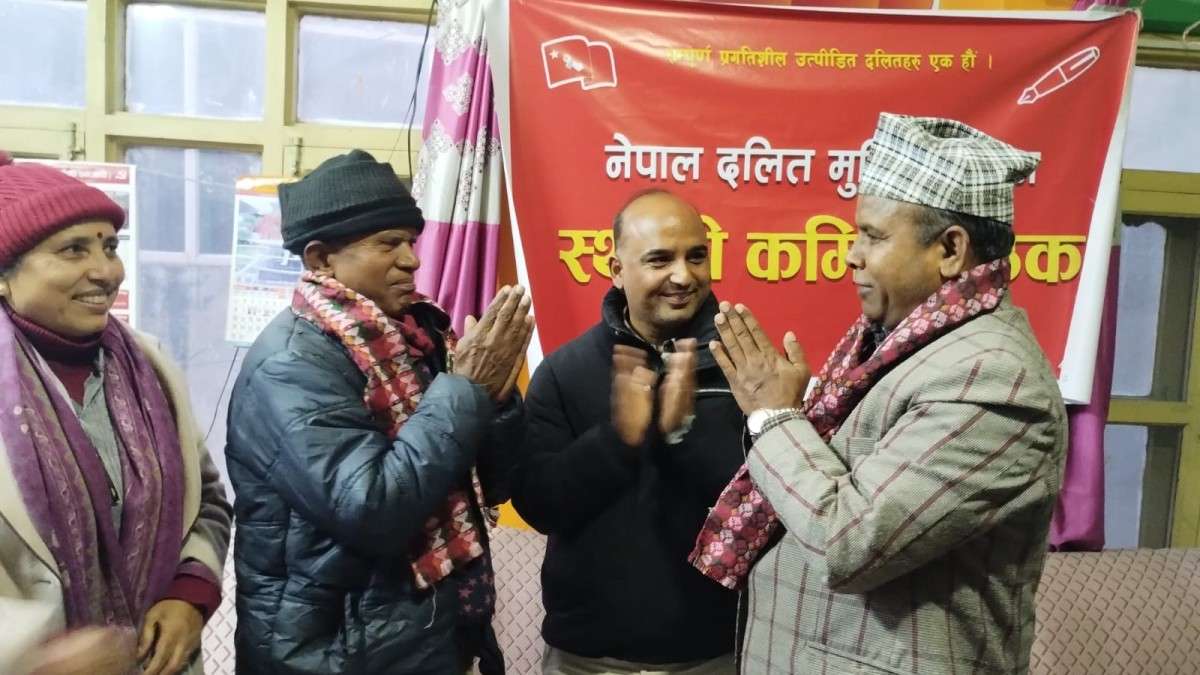
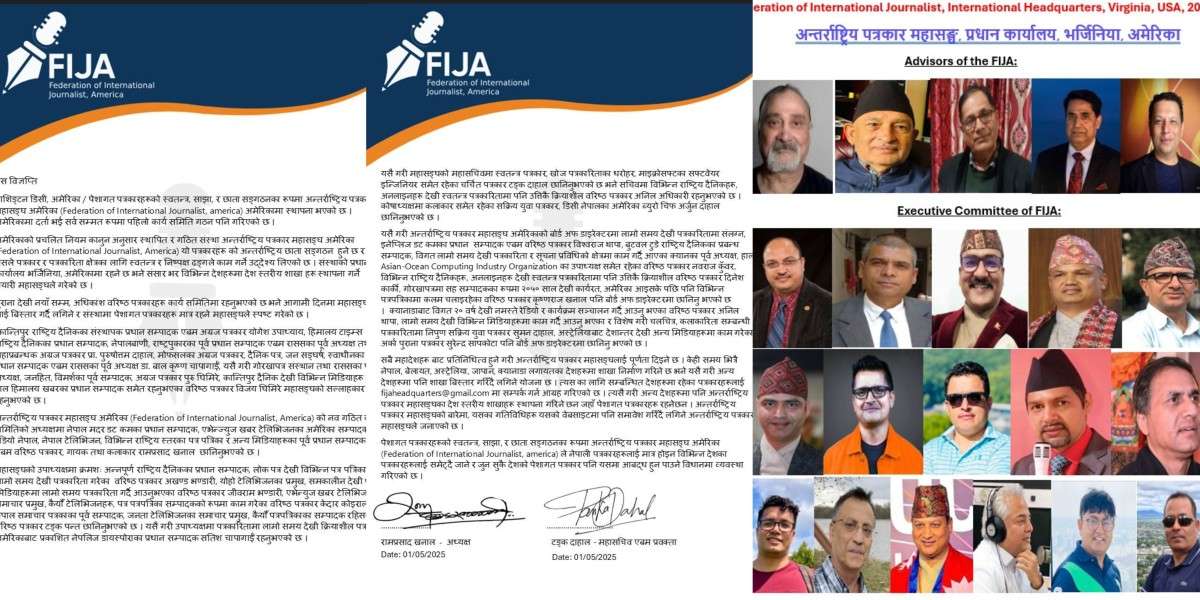



Conversation